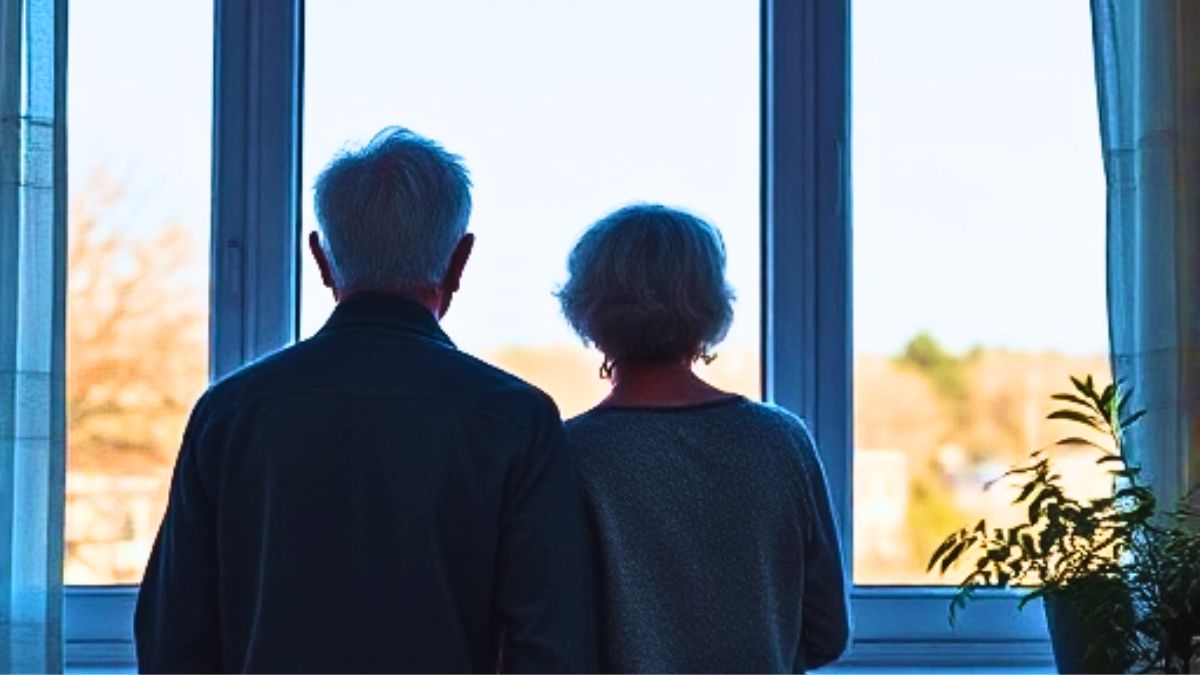LIFE AND STYLE
1 in 7 Seniors Ignored or Unserious Due to Age, NGO Survey Finds

Mauritius is facing a difficult reckoning with the treatment of its older population, as a recent NGO survey uncovers alarming rates of disrespect, prejudice, and even physical abuse against seniors. The revelations arrive as the nation prepares to observe Journée des personnes âgées (Elderly Persons’ Day) on October 1st, a day intended to honour those who have dedicated up to four decades of their lives to family and the workforce.
The survey by the NGO Dis-Moi, which questioned over 200 people aged 60 and above, shines a spotlight on the often-hidden issues of mental health, dignity, and recognition for the elderly.
Key Findings of Mistreatment
The report details various forms of frequent mistreatment and prejudice:
- Verbal and Psychological Abuse: While most respondents said they were not targets of jokes or mockery, a significant 12% affirmed having “frequently suffered” them. Furthermore, 5.8% reported being “frequently subjected to insults.”
- Disregard and Disrespect: Nearly 15% (14.7%) of seniors stated they were “frequently ignored or not taken seriously because of their age.”
- Loss of Dignity: When asked about respect for personal dignity, 14.7% asserted the opposite of being respected in their surroundings.
- Prejudice and Stereotyping: Ageist attitudes were evident, with 12% saying they had been frequently treated as “ignorant because of my age,” and 16.9% reporting they were “frequently perceived as incapable of understanding.” Additionally, 19.6% admitted receiving the remark that they were “too old for that.”
Visible Discrimination and Violence
Beyond slights and insults, the survey also documented acts of outright discrimination and violence:
- Housing and Employment: 3.1% of respondents affirmed being refused a house to rent because of their age, and 1.3% were denied a job “because I am an elderly man/woman.”
- Physical Harm and Neglect: Worryingly, 11.6% reported having suffered at some point from acts of vandalism, attacks, or neglect, with 1.3% claiming to be frequent victims.
- Family Maltreatment and Neglect: 1.3% asserted they were “frequently attacked by a family member because of my age.” The issue of neglect was also highlighted, with 11.1% frequently left alone at home, sometimes without access to medical care, and 4.4% saying they frequently did not receive their medication on time.
Demographic and Economic Strain
The findings come against a backdrop of rapid demographic ageing that is reshaping Mauritian society, placing increased pressure on public services and finances.
- Growing Elderly Population: The proportion of people aged 60 and over has risen dramatically, from 6% in 1972 to 13% (171,941 people) in 2013. Projections suggest this group will reach 23.6% of the population by 2035.
- Shrinking Workforce: This demographic shift has led to an accelerating rise in the dependency ratio. Currently, for every 1,000 workers, there are 432 dependents (young or retired), a situation that intensifies pressure on the job market and the funding of the pension and healthcare systems.
Living Arrangements and Health Concerns
Further reports indicate that a growing number of seniors are living independently or alone, and the demand for care facilities is outstripping capacity:
- Living Alone: Between 2000 and 2011, there was a 22% increase in the elderly living independently (alone or with a spouse), reaching 31% in 2011. That year, 11% of seniors in private households lived alone, with women (15%) significantly more likely than men (6%) to do so.
- Care Facilities: The number of approved private care homes has increased from 34 in 2016 to 52 in 2022. There are also 22 government-funded charitable institutions run by NGOs, but “demand for admission to these establishments far exceeds their capacity.”
- Health Difficulties: An integrated care strategic plan noted that the prevalence of difficulty in performing daily activities due to health issues (physical and mental) is higher among women (9.8%) than men (7.7%), and it increases with age.
The article concludes by stressing that protecting and valuing seniors—those who have committed so much to the nation—is a “common duty” that requires greater investment in infrastructure to improve their quality of life.
Source: Le Mauricien











